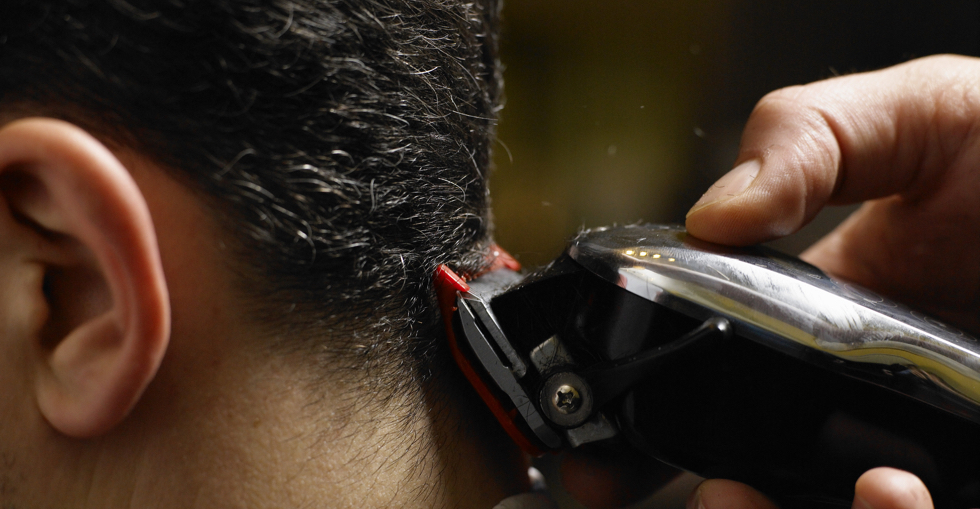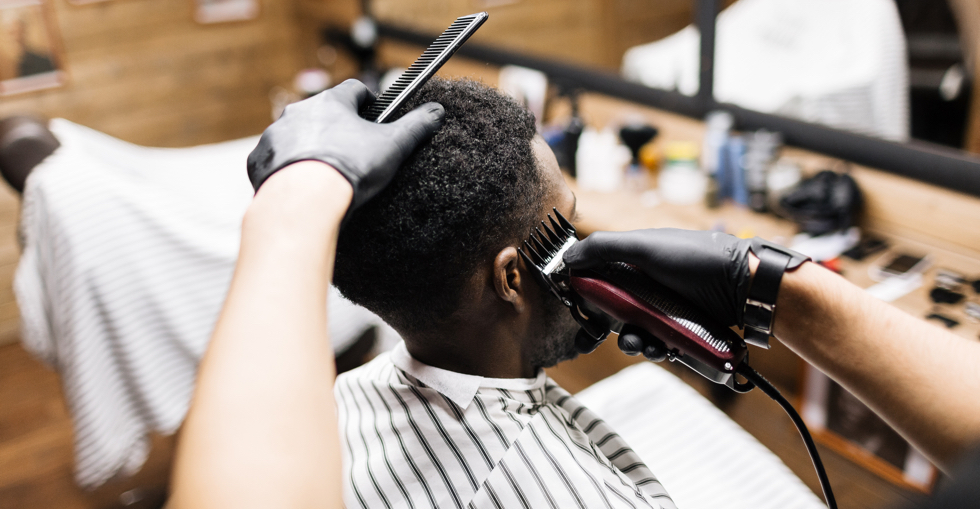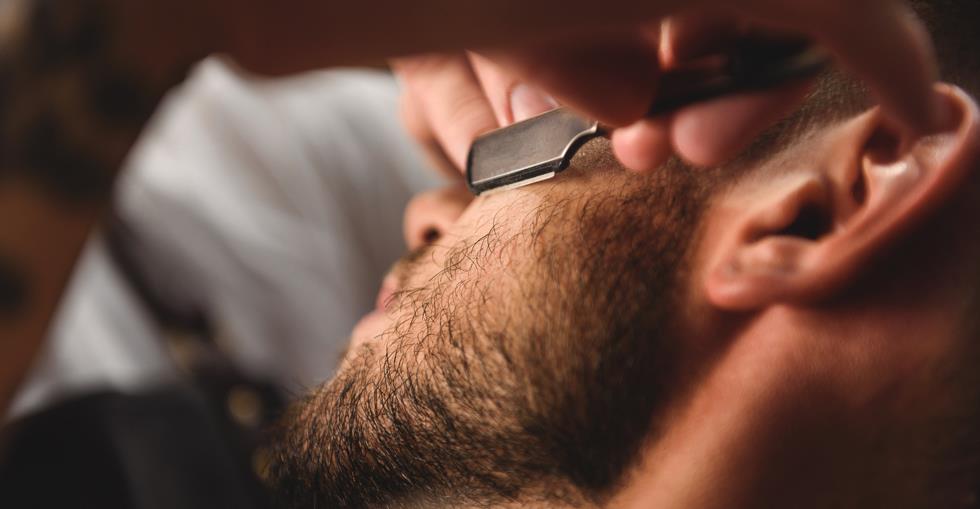There are a variety of circumstances that may be causing you to consider selling your barber shop. Regardless of the reason, evaluate the current market to make sure it’s a good time to sell.
It’s always best to try to avoid rushing into a sale, but don’t be discouraged if you need to make a quick exit. If you’ve taken the time to build a solid business, you can still secure a substantial profit.
Preparing for a successful exit
Prospective buyers are going to want to see a healthy business that has a loyal customer base and potential for growth. So, do everything you can now to increase the overall health of your barber shop.
Also, look at your shop from the eyes of a potential buyer. Conduct all necessary renovations and repairs to ensure all equipment, furniture, and decor is updated and in prime condition. Improve your store’s appearance by putting on a fresh coat of paint and installing new signage.

A proper valuation
There are several factors to consider when determining an appropriate value for your barber shop:
- Demographics: The surrounding area will affect the value of your shop. For example, if your salon is located in an older community, it won’t be as appealing to a prospective buyer who is hoping to establish a trendy, cutting-edge business.
- Local competition: If several other salons are located nearby, that might decrease the value of your shop.
- Staff: Exceptional employees can make your business stand out from the competition. Since it’s expensive to hire and train new stylists, staff who plan to continue working under new ownership will be a tremendous asset to the overall value of your store.
- Multiple revenue streams: Extra services on your menu like shaving or waxing; neck and beard trims; beard sculpts; and facial, nose, and ear hair removal will show potential buyers that there are numerous ways to increase the profit margin.
To establish a value for your business, you will first have to consider how much your inventory is worth. When determining a fair market value for your inventory, it is common to subtract 20–30% for outdated or obsolete products.
There are a few valuation approaches typically used in the barber shop industry. Here are two common ones:
- A number between 2–3 is multiplied to the pretax income, and then the value of the inventory is added to that figure. (The stronger the business, the higher the multiple that is used.)
- The total revenue is multiplied by 25%–35%, and then the value of the inventory is added.
To set a fair value for your business, use both of these methods, and if needed, split the difference between the two outcomes.

Due diligence for selling your barber shop
In order for prospective buyers to feel confident about purchasing your barber shop, they will want to evaluate all aspects of the business. To make this a seamless process and to ensure their peace of mind, take the time now to gather all applicable documents.
It would be wise to enlist the help of a broker and an accountant to make sure all the relevant financial, legal, and operational information is ready and available to present to committed buyers. Here are some documents you should be prepared to show:
- Tax returns, income statements, and balance statements from the last three years
- Accounts receivable and payable
- Owner’s salary
- Financial forecast
- Stock inventory and price
- Valuation and list of equipment, furniture, and fixtures included in the sale
- Vendor and customer databases
- Website analysis regarding site traffic and social media presence
- Business registration, certificates, and licences
- Business procedures
- Marketing plans
- Staff training manuals
It is important to be as honest as possible during this phase of the selling process. Remember, misrepresenting information or failing to disclose important details can lead to a lawsuit.
Let the buyers take their time, and be willing to show them all sides of your business so that they feel confident in their purchase.

Finding a buyer and negotiating the sale
Not everyone who expresses interest in your shop will be a serious buyer, and you don’t want to waste your valuable time with indecisive “window shoppers.” Be sure to vet potential buyers in advance and only meet with committed and pre-qualified buyers.
This is where the assistance of a broker is extremely valuable. They’re aware of the current market, and they can place your business in front of the right people and screen interested buyers for you—saving you time and bringing serious, committed buyers to your front door.
Finally, be patient. You’ve spent valuable time and energy building a thriving business. Wait for the right buyer to come along and make a fair and profitable offer so that you can reap the reward of your hard work.
Ready to achieve a successful exit? Visit here and let us help you get started! Take a look at your possible next steps by browsing other businesses for sale on our site.



